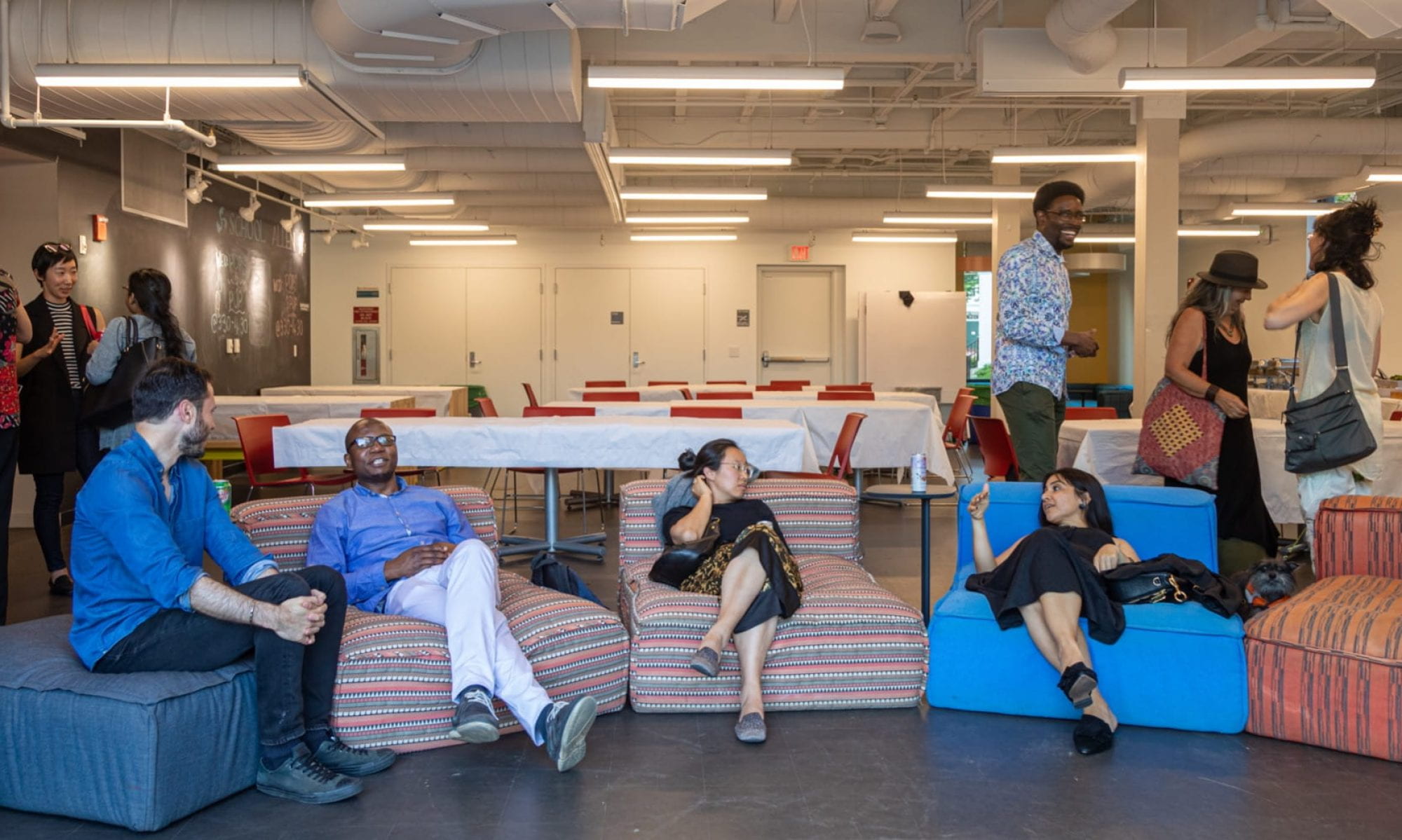I am an Assistant Professor at Dartmouth College. I study modern Arab and Latin American literary and cultural production with special focus on Third Worldist projects of the mid 20th century. My scholarly interests engage with questions raised in the fields of Post/De-colonial studies, Third World studies, Comparative Literature, TransArea studies, Utopian studies, Political Philosophy, Food studies, Feminist theory and Embodiment studies.
My current book project, Utopia Incarnate: Everyday Consumption and the Body in Cuba and Egypt 1950s-1990s, traces the ubiquitous trope of carne/lahm—each word meaning both meat and flesh in Spanish/Arabic—across diverse literary and artistic works during and after the creation of the socialist states of Cuba and Egypt to explicate the paradoxical legacies of the “institutionalized revolutions” of the mid-twentieth century. Cuban and Egyptian writers, artists, playwrights, film directors, poets, and cartoonists used this trope to explore ideas such as the intersection of hunger and social justice, the body of the ruler as sacred incarnation of the sovereign nation-state; and abundance as code for success. In the early years of the new socialist states, such carnal tropes closed the gap between ideal and daily material realities. But in later years, they were used to underscore and critique the ever-widening distance between the imagined ideal of the revolutionary nation and the lived day-to-day realities of their populations. I argue that the endurance of such imagery from the late 1950s to the early 1990s demonstrates the persistence of the ideological frameworks of the revolutionary projects rather than their demise, as many scholars have claimed. In their shifting valences, I identify broader discursive strategies for finding the terms for, and coming to terms with, the often-unrealized dreams of “development” that characterizes much of what is today referred to as the “global South”. By highlighting historical similarities and mapping new comparisons and circuits between the literary and artistic corpora of the Arab world and Latin America, my book also aims to reimagine comparative methodologies beyond those of direct networks and influence.

